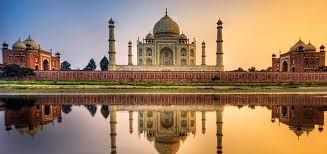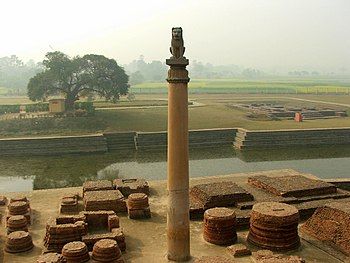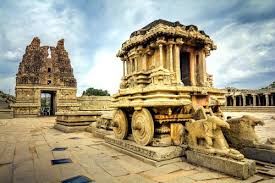Historia Naturalis : What History Naturally Is
Mar 24, 2019 • 72 views



Here I am not attempting to reincarnate or explain any part of the ancient Roman naval commander, that is, Pliny the Elder’s book about natural history. In stark contrast, in this article, my aim is to portray what the nature of this variegated social science is in its true essence.
If I ask this question to suppose a sixth standard student he or she would rather promptly reply that it is a systematic study of past events which is the most elementary definition of history and would go on to say that personally, they find this subject very monotonous and fact-based. To almost all school children history is nothing but a mere list of the rulers of different dynasties ruling over long periods of time. What they gain from this wonderful subject is nothing but certain names which coincidentally stick to your memory. Big and important names like Robert Clive,Akbar, Samudragupta, Buddha, Ashoka, Aryans and the like. If you merely throw these names in one corner of your brain then you are missing a world of magic that history can create. Was Ashoka a saintly, non-violent ruler? Is the historic claim of descent of Hindu nationalism from the Aryans still stand strong keeping in mind that neither were the Aryans native Indians nor was there any concept of a nation-state in ancient India then? When questions like these arise in your mind, only then do you realize that as a subject, history is anything but just a chronology of kings.
History gives you a new perspective of the world, you have a whole new point of reference to your current surroundings. For example, we all are aware that India is a democracy in terms of its broad political feature, but studying history helps us trace the fluid evolution process of Indian political formations and features from a monarchical polity to a pathetic English colony to the world's largest democracy. Your personal and social experience of India is getting enhanced every moment. This experience is very vital to understand exactly what is happening around us and what could possibly happen later. Thus, its not only a dialogue between the present and the past but also the future.
So, if we explore the nature of history, it is an all-encompassing social science. This means that while studying and analyzing a particular event in the past you can't just look into only the political context of the event or just the social context. It is mandatory for you to explore each and everything related to the event. Providing a final example would help explain this. While learning about the French Revolution we need information about the political scenario of France, the economic conditions which were prevailing during 1789, the social relationships which existed and led to the revolution and if possible even the personal and collective psychology of French men at that point of time. Only after focussing on all these different aspects, if not more can we draw a nearly complete picture about the understanding of this historic revolution.
